Description
Woodward 8237-1369 ProTech-GII: Your Turbine’s Last Line of Defense When Speed Goes Critical
If your gas compressors or steam turbines ever flirt with dangerous overspeed conditions, this isn’t just another control panel—it’s the mechanical equivalent of an airbag. From my experience troubleshooting refinery shutdowns, the ProTech-GII consistently catches what basic PLCs miss. One thing I appreciate is how Woodward built redundancy right into the DNA: dual processors constantly cross-check each other, so you won’t get ghost trips during voltage sags. You might notice the terminal blocks feel unusually sturdy too—probably why it survives those nasty 20g vibration spikes near compressor skids.
What You Actually Get (No Surprises)
We ship in-stock units within a week—max one month if custom-configured. 50% upfront, balance before FedEx/UPS/DHL dispatch. And yes, that 365-day warranty covers field calibration drift, not just component failures. Frankly, most clients forget they have it until a monsoon season causes sensor drift, then suddenly it’s the best $0 they ever spent.
Why It Stays On When Others Tap Out
- Dual independent trip channels – If Channel A glitches during a lightning strike (which happens more than you’d think), Channel B still slams that emergency shutdown valve. Saved a paper mill in Wisconsin from a $2M rotor explosion last fall.
- 4-20mA + relay outputs that don’t lie – Unlike cheaper units, its isolated outputs won’t backfeed noise into your DCS. Typically handles 32,000 RPM measurements without breaking a sweat.
- Modbus RTU built-in – Pull live speed data straight into your historian without gateways. One petrochemical client uses this to predict bearing wear months in advance.
- Self-diagnostics that actually help – Flashes specific error codes like “Sensor A open circuit” instead of just blinking red. Cuts troubleshooting time by half during night shifts.
Hard Numbers You’ll Reference During Commissioning
| Parameter | Specification |
|---|---|
| Brand/Model | Woodward 8237-1369 ProTech-GII |
| HS Code | 8537.10.0000 (Electrical control boards) |
| Power Requirements | 24V DC ±15%, 1.5A max (surge tolerant) |
| Operating Temp | -20°C to +70°C (tested in desert oil fields) |
| Signal I/O | 4x 4-20mA inputs, 6x relay outputs (5A @ 250VAC) |
| Installation | DIN rail (EN 50022) – fits standard 19″ cabinets |
Where It Earns Its Keep
In natural gas pipelines, it’s the silent guardian when compressor surge events happen. Refineries rely on it for critical pump trains where a 0.5-second delay means seal damage. One offshore platform engineer told me: “It’s the only thing between us and a $4M turbine repair.” And honestly? He’s not exaggerating. Just don’t expect it to fix bad sensor placement—that’s still on your instrumentation team.
Why Procurement Actually Signs Off
Compared to retrofitting PLC-based solutions, this cuts engineering hours by 60%—no custom logic to certify. The real win? When your insurance assessor sees Woodward’s UL listing, your premium discount stays intact. In many cases, the 3-year ROI comes from avoiding just one unplanned shutdown. Oh, and Woodward’s tech support actually answers the phone at 2AM during plant emergencies. Try getting that from a generic HMI vendor.
Keeping It Alive (Without Headaches)
Mount it in NEMA 12 cabinets with at least 2″ clearance on all sides—those power supplies get warm during summer peaks. Avoid sharing grounds with VFDs; I’ve seen too many cases where noise causes phantom trips. For maintenance? Blow out dust quarterly (seriously, compressed air works), verify relay contact resistance annually, and update firmware when Woodward patches those rare edge-case bugs. One refinery tech swears by calibrating against a handheld laser tachometer during turnarounds—it catches sensor drift before trips happen.
Certified to Keep You Out of Court
CE marked per Machinery Directive 2006/42/EC, UL 60730 listed for industrial controls, and ISO 9001:2015 certified manufacturing. The warranty covers field failures—not misuse, obviously, but it does include recalibration if ambient conditions shift beyond spec. Seen it happen in geothermal plants where cabinet temps hit 65°C routinely.

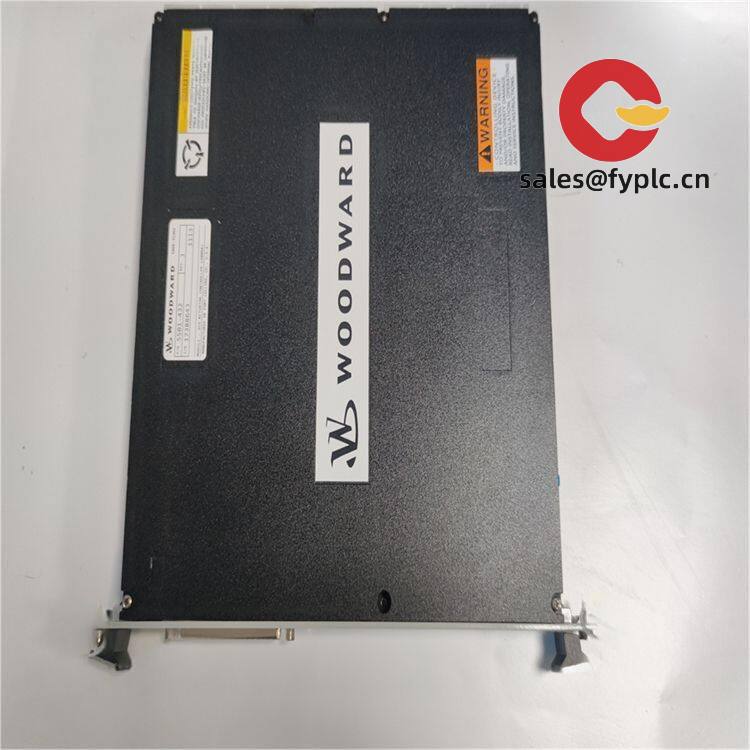
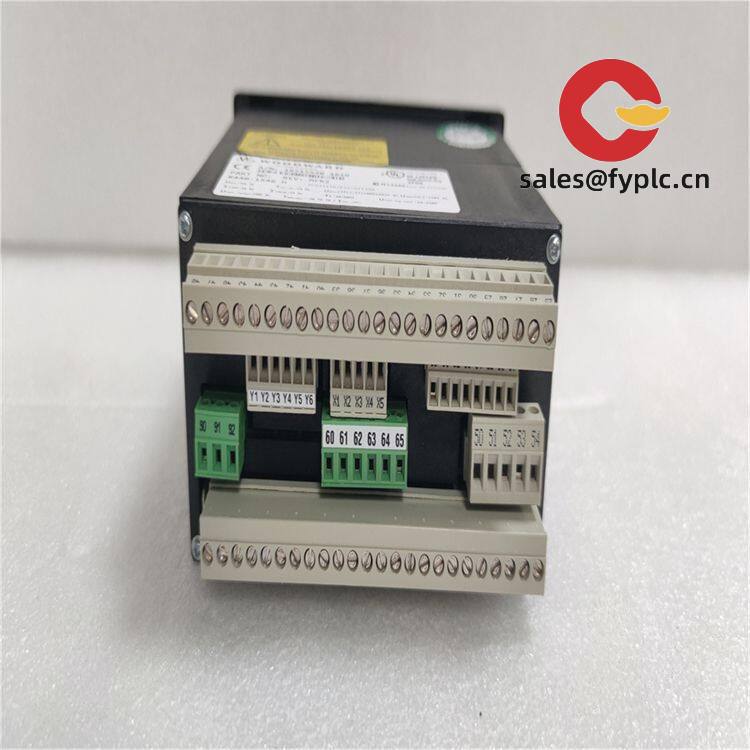
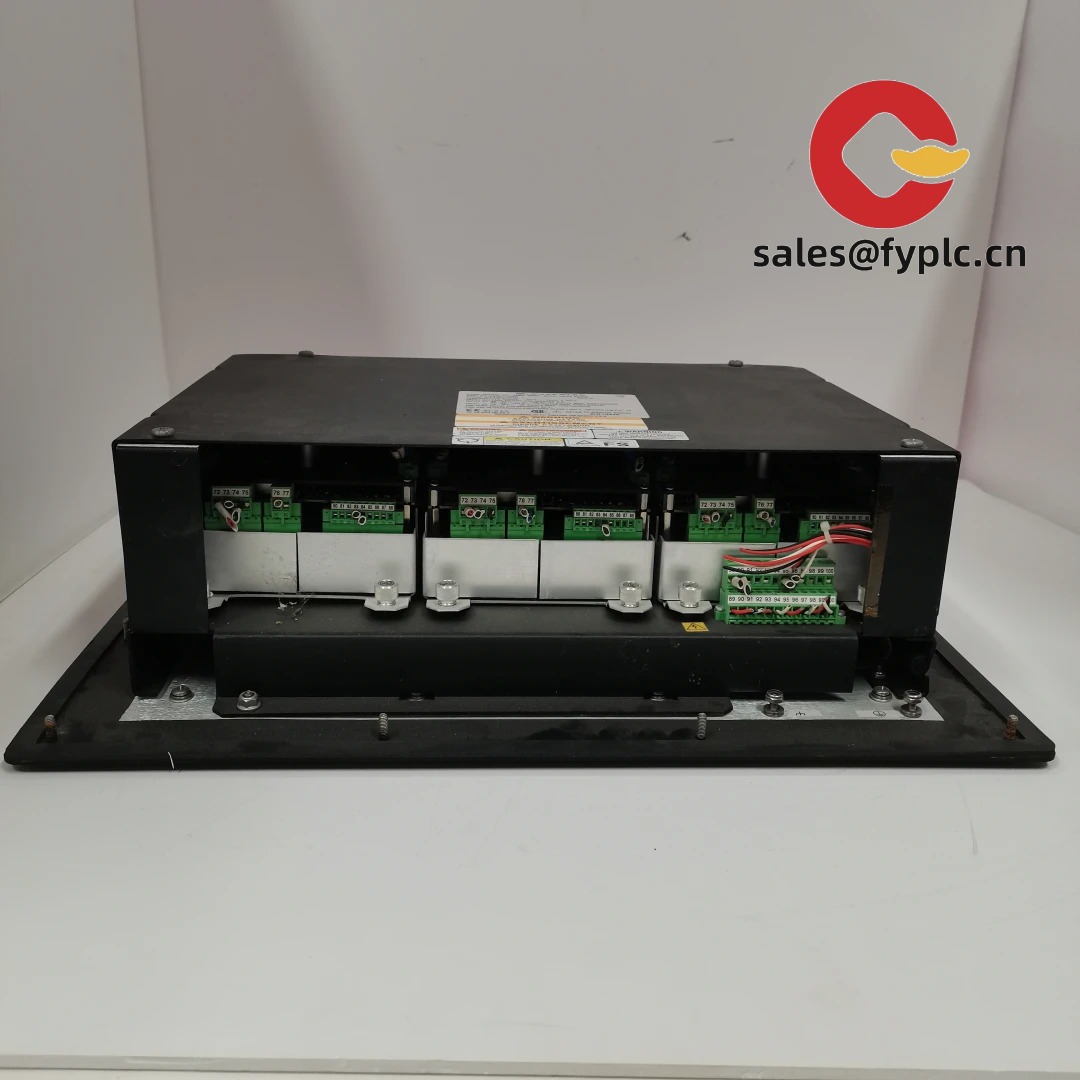

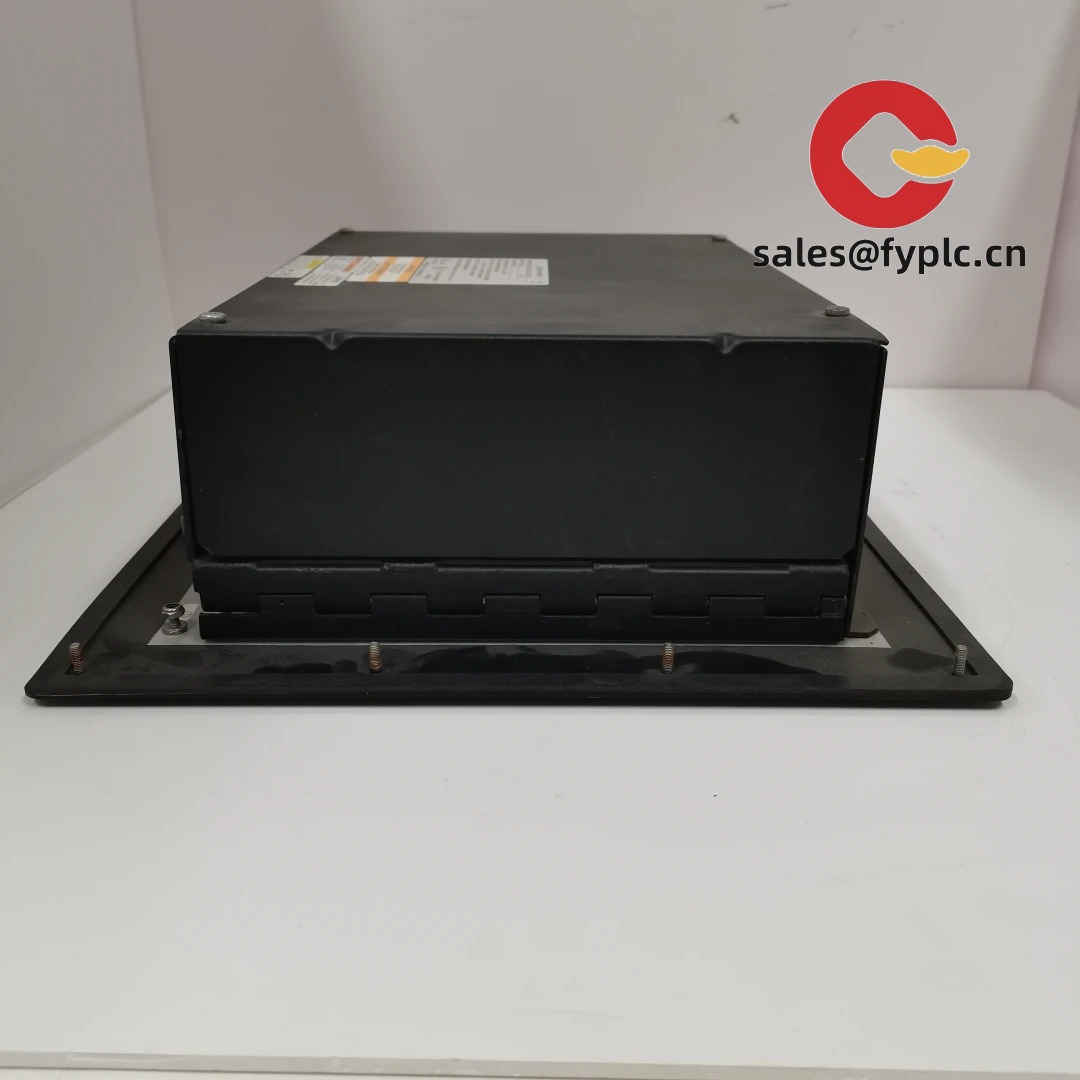
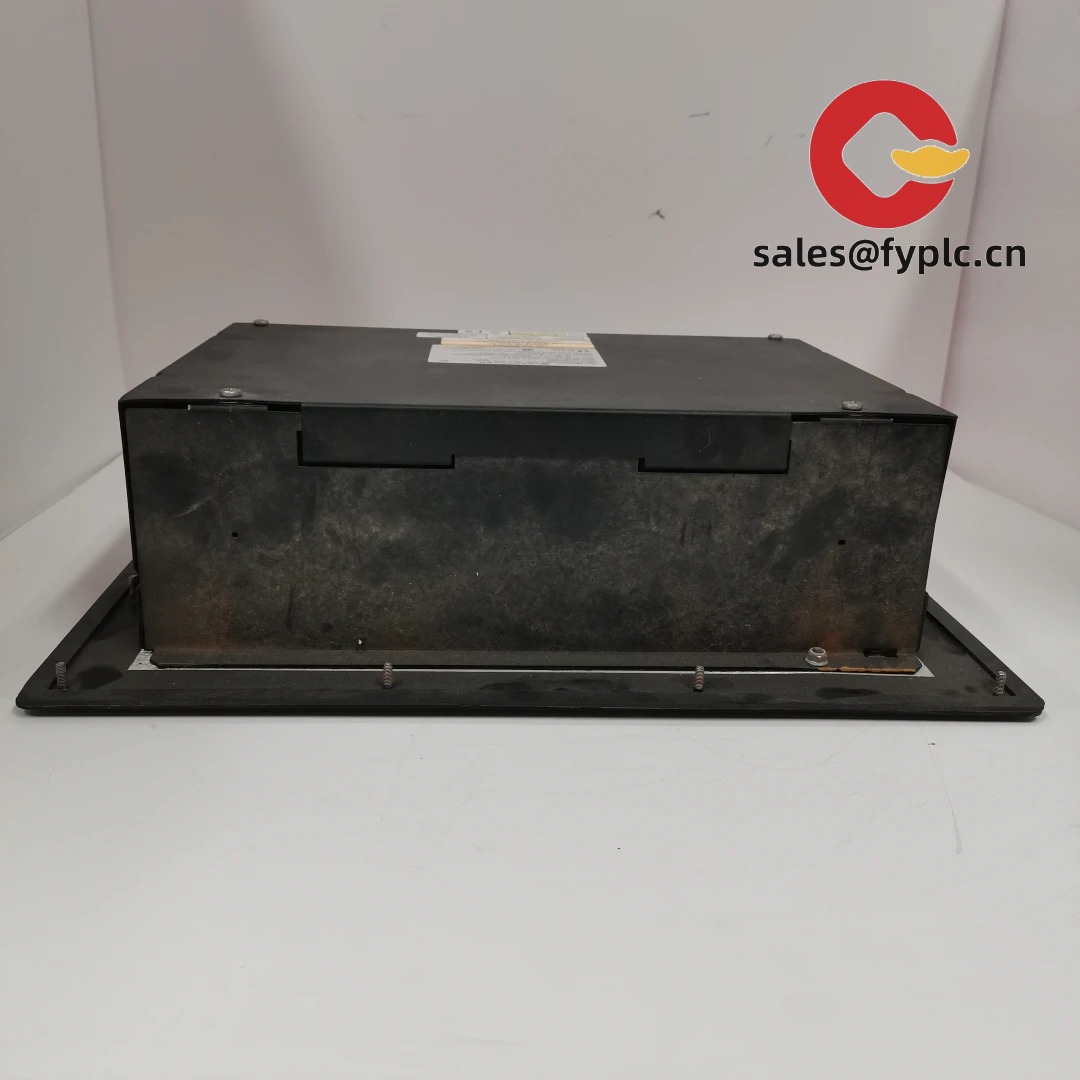
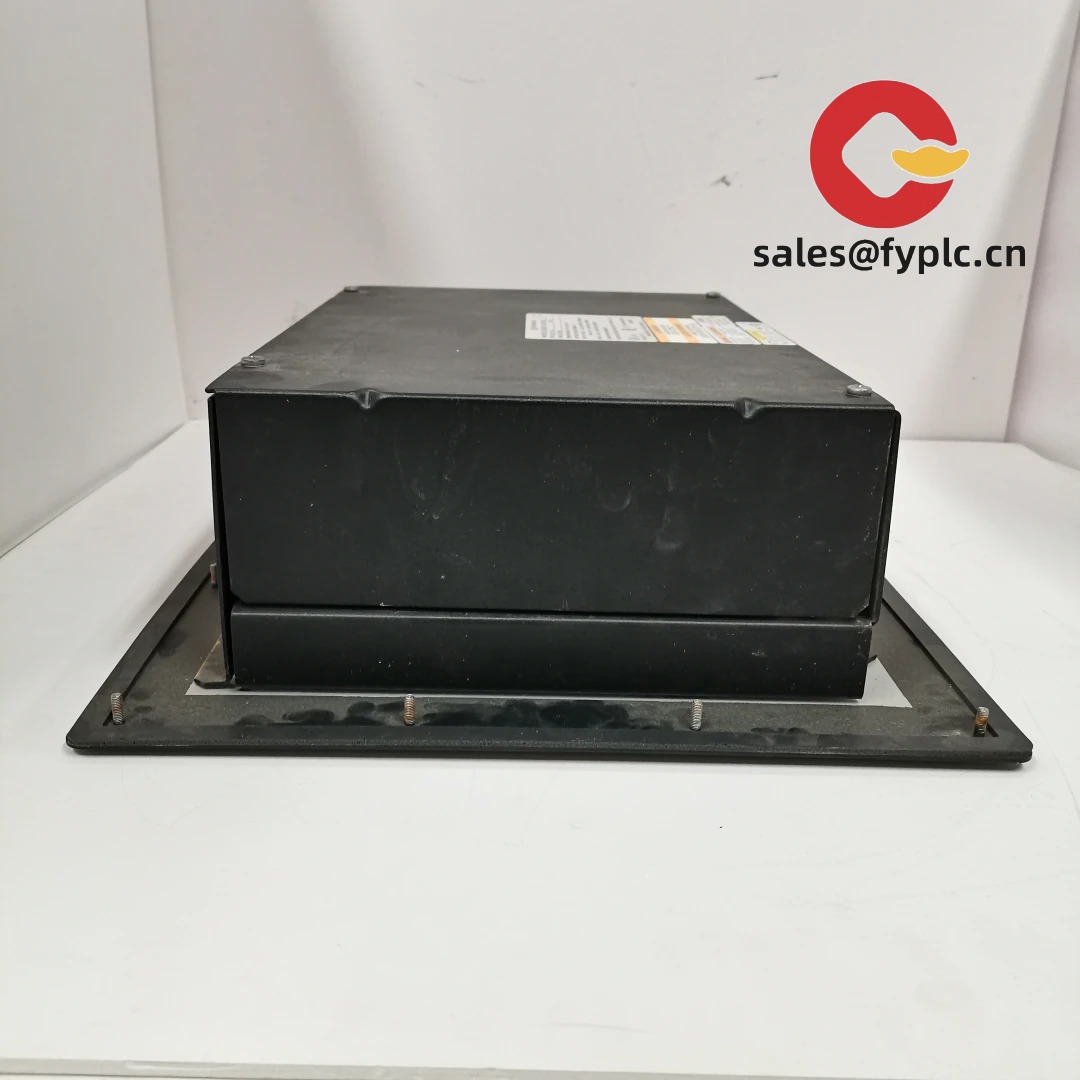

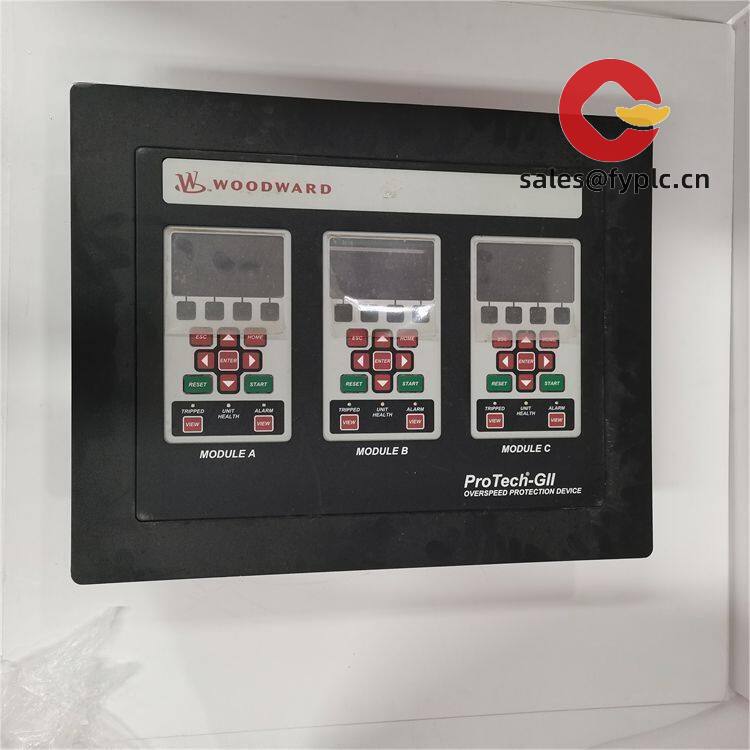
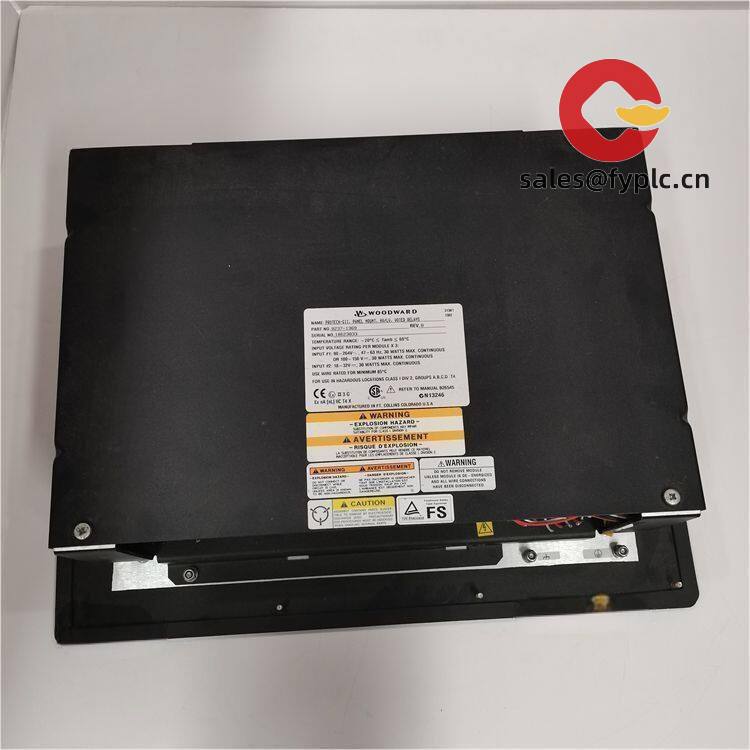

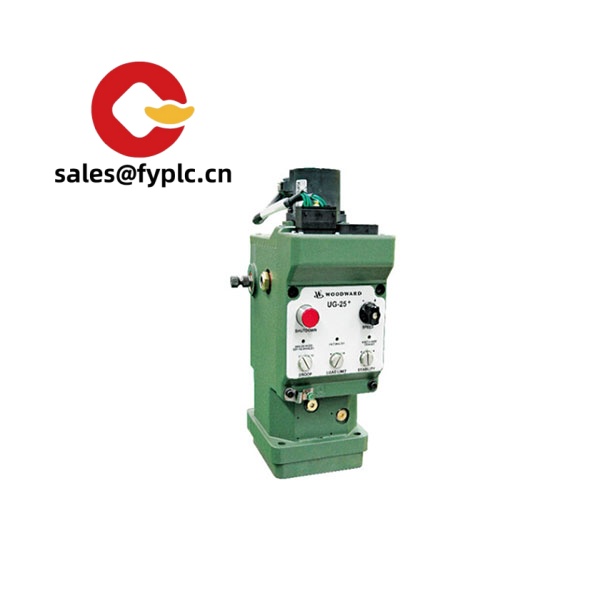
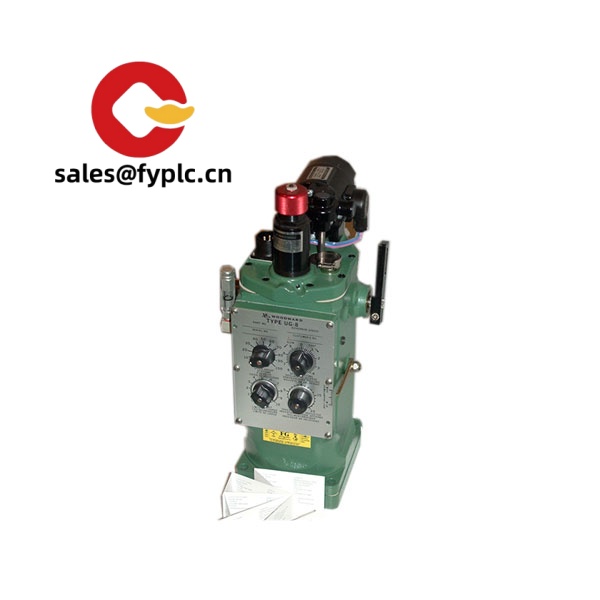
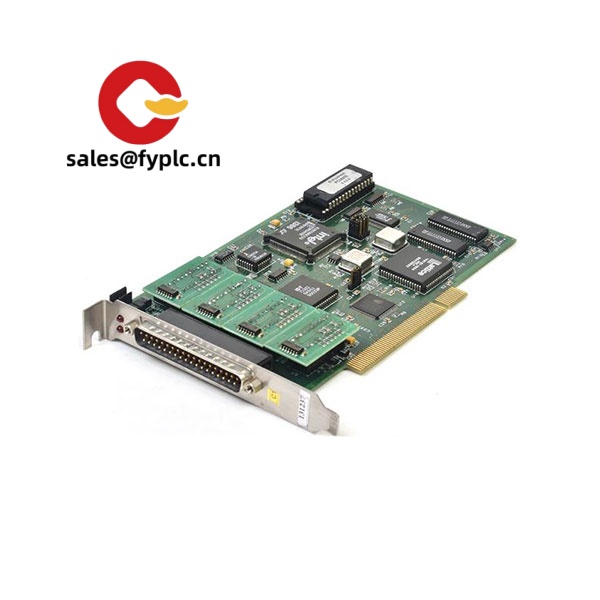
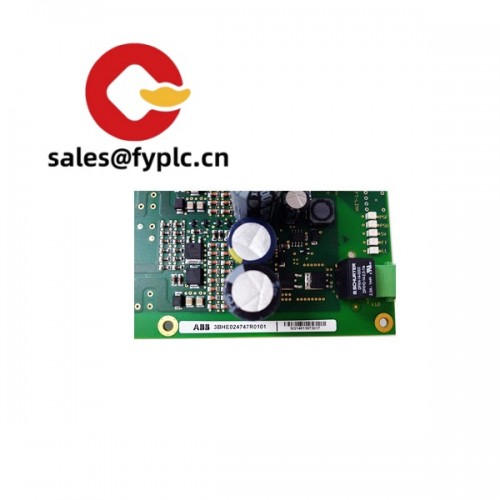
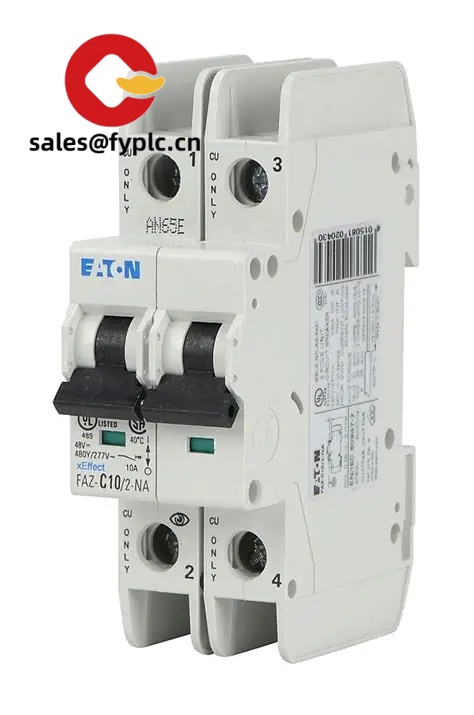
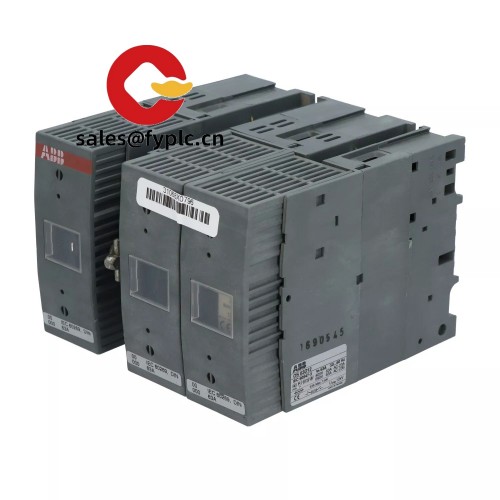
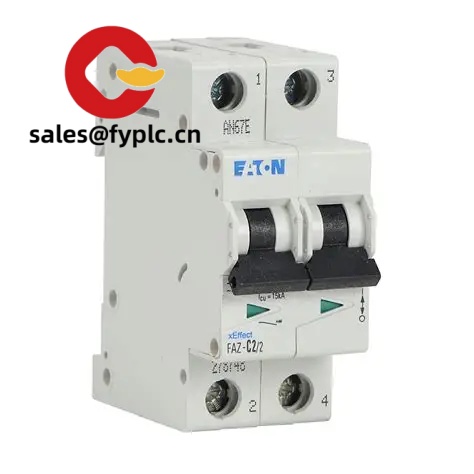
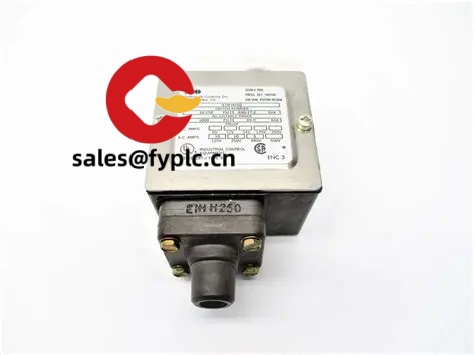


Reviews
There are no reviews yet.